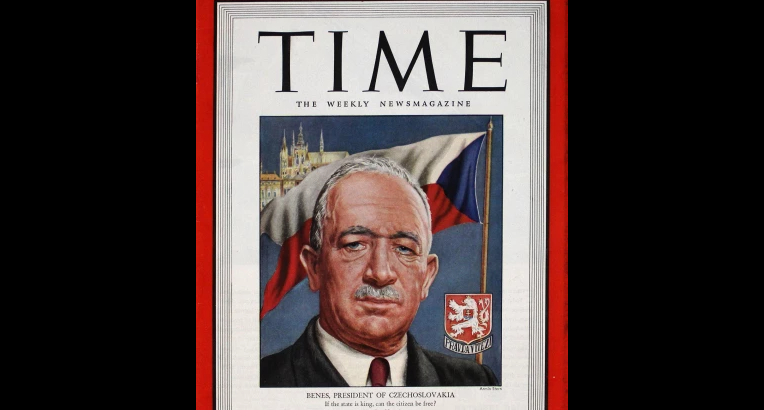Věrka Kohnová was a young Czech girl who sadly lived the last of her life in fear. During this time, she kept a diary she wrote into, giving future readers into a glimpse into the life of Czechoslovakians under Nazism, similar to how Anne Frank kept and wrote in her diary. One of her most poignant thoughts were about whether Jews like her would ever see their stuff or return to their old lives again. It was in 2006 that her diary was published.
Gabriela Jílková: Czech Race Car Driver
Liberation of Plzeň, České Budějovice, and Karlovy Vary
Between May 7 and 8 in 1945, the Nazis surrendered to the Allied forces in Plzeň, České Budějovice, and Karlovy Vary. It took weeks of fighting and many casualties to effectively force a surrender from the German High Command. It was through the collaboration of the Soviet and US forces that the liberation was able to take place. Much celebration, the day of and after, was abound.
Intervision
Intervision began as the Eastern bloc alternative to Eurovision, initiated by Czechoslovakia’s national television broadcaster. Though the initial contest lasted four years, it was abruptly ended by “Normalization” in Czechoslovakia. The Intervision concept gets picked up by Poland’s broadcaster for their Sopot International Festival, where it lasts four more years before being interrupted by political upheaval, yet again. Though the future of Intervision is uncertain, its past is worth a look for the intersection between art and politics.
Letna Carousel
Casanova's time in Bohemia
Giacomo Girolamo Casanova, a man whose name has become synonymous with womanizing, spent his final years and composed a rich autobiography in Bohemia. His life began in Venice, Italy where he spent most of his childhood, including the discovery of romance, with the daughter of Gozzi. Due to the trouble Casanova ran into in Venice, he eventually settled in Prague, where he met Wolfgang Amadeus Mozart.
Palach Week
Jan Palach was a Charles University student who protested the Soviet-led invasion of Czechoslovakia and the Warsaw Pact by self-immolation. His protest inspired further protests, including a hunger strike in Wenceslas Square. These protests further inspired resistance throughout the rest of Prague, and then Europe.
Edvard Beneš (28 May 1884 - 3 September 1948)
Edvard Beneš was born in Kozlany, Bohemia during the Austro-Hungarian Empire’s rule, but by October 14, 1918, he lived in a different nation, as the empire collapsed in place of the then-new Czechoslovakia. He served as the council chairman for the League of Nations to support the balance of powers in Eastern Europe, creating the “Little Entente.” Eventually, Beneš would succeed Masaryk as the Czechoslovakian president, faced with the threat of Germany, and the rest is history.










